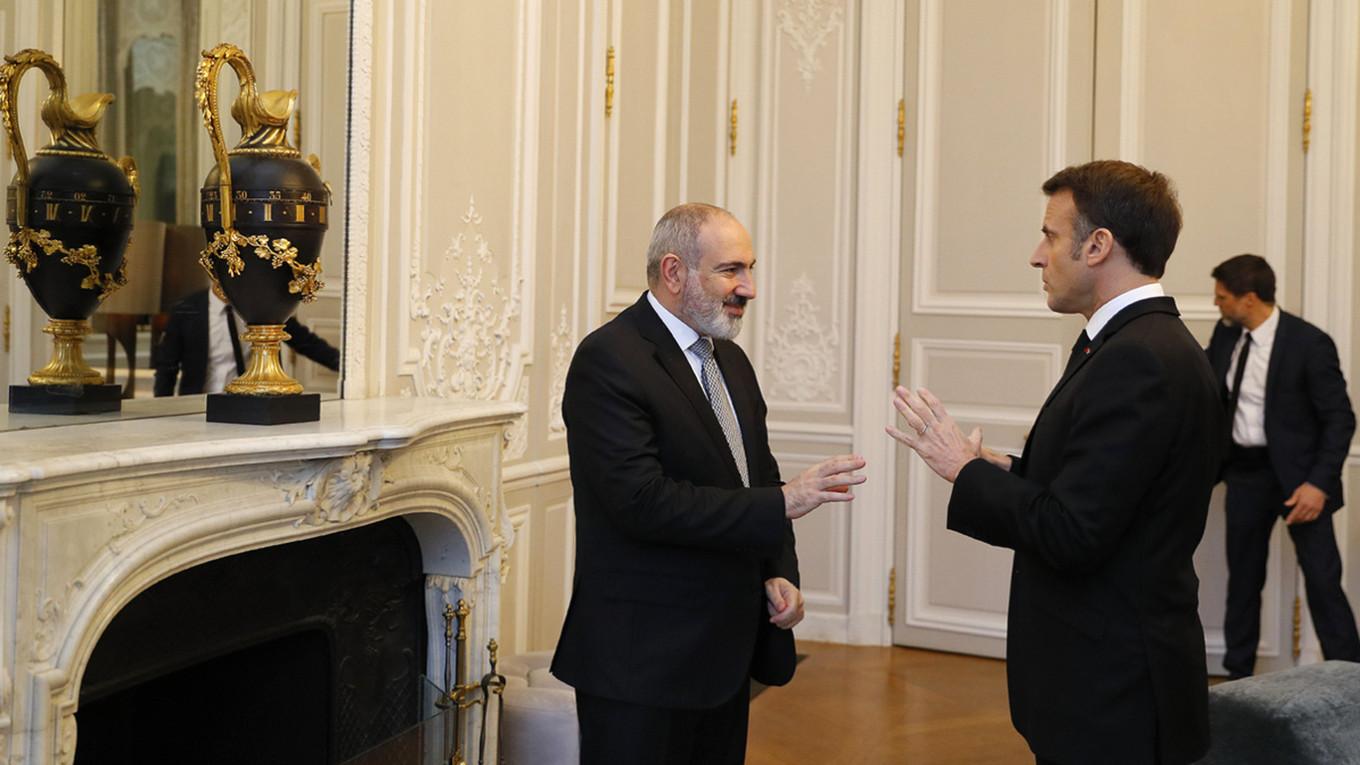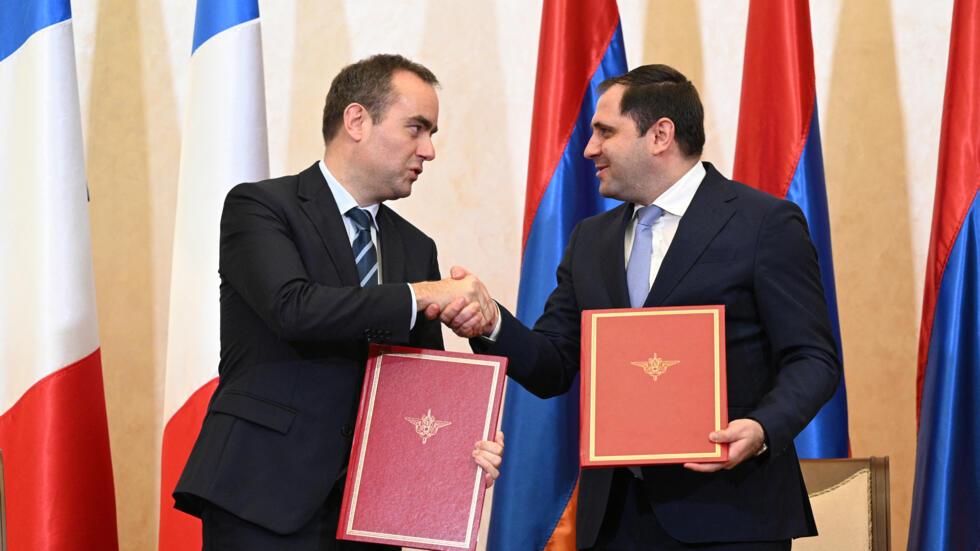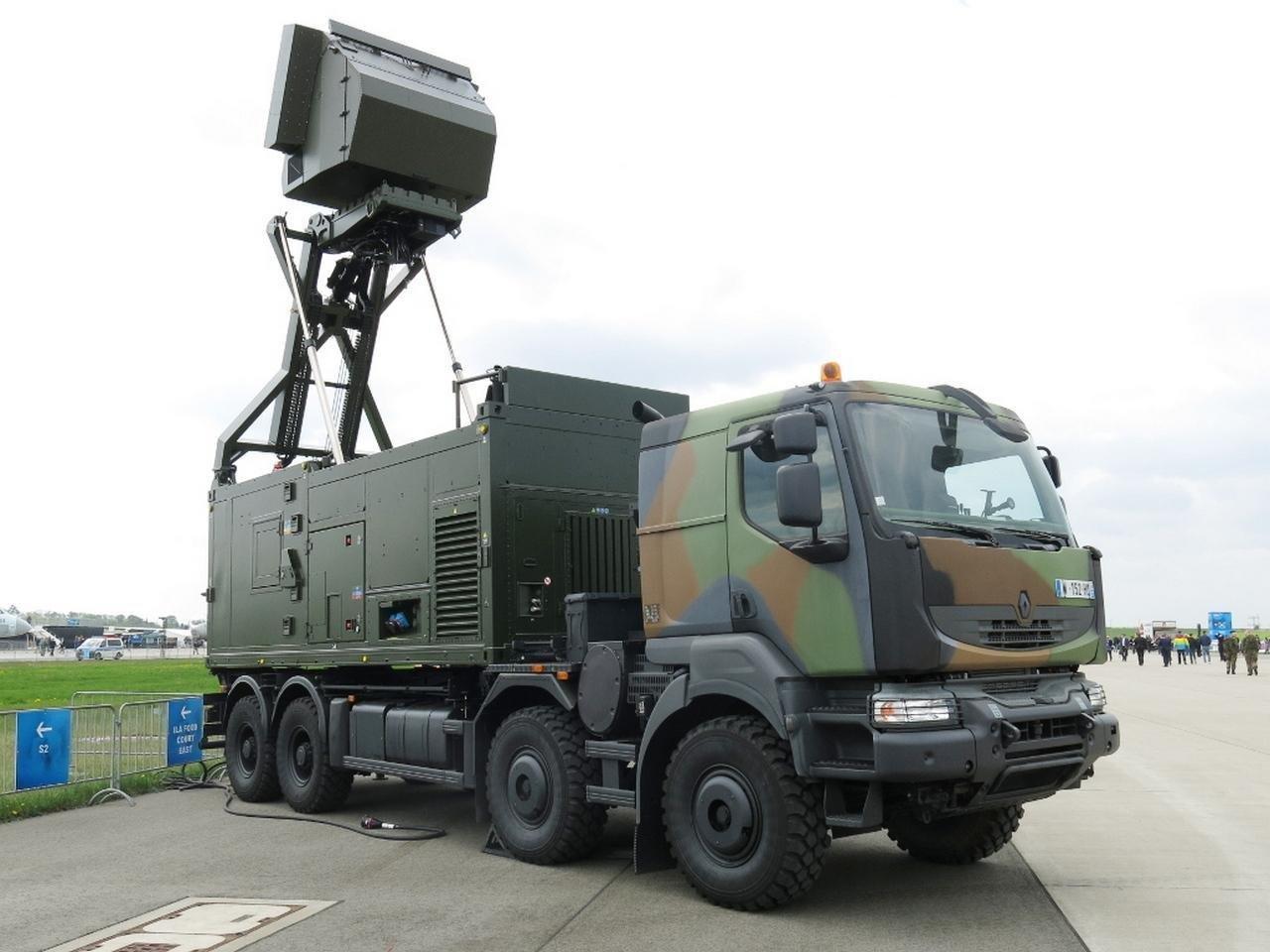Escalating tensions & prospect of war in the South Caucasus Can French arms supply reignite new regional war?
Recent developments in the South Caucasus indicate a growing likelihood of renewed conflict, fueled by external influences from Western powers. Reports suggest that the USA, European Union, and France are maneuvering to reignite hostilities between Armenia and Azerbaijan. Official instructions have allegedly been given to Yerevan, prompting Armenia to prepare for war.
Armenia's shifting stance
Initially, the Pashinyan government appeared close to finalizing a peace agreement with Azerbaijan. However, recent developments indicate a significant shift away from this commitment. Following visits from high-ranking US emissaries, Armenia's position has noticeably hardened. The United States has promised to elevate its relationship with Armenia to a strategic partnership, leading Yerevan to reconsider its participation in the peace process. Historical precedents, such as the fluctuating US support for Ukraine, suggest that Armenia's reliance on American backing may be precarious.

France’s role & military provocations
The geopolitical landscape of the South Caucasus has become increasingly unstable due to the strategic interests of the USA, European Union, and France. These powers are reportedly displeased with the trajectory towards regional peace, fearing it undermines their influence. Their concerted efforts to derail the peace process highlight a strategic manoeuvre to destabilize the region, obstructing efforts that could lead to lasting stability.
France, alongside the European Union, shares similar ambitions in the region. As France retreats from its African colonies, it seeks new spheres of influence, with Armenia emerging as a potential new colony. France's strategy involves inciting military conflict to justify its increased presence and control.
Media reports have confirmed that France and Armenia signed a contract for the purchase and sale of CAESAR self-propelled howitzers. Despite Azerbaijan’s warnings, France has supplied Armenia with lethal artillery and other weaponry. The Azerbaijani Defence Ministry condemned this as another example of France's provocative activities in the region, accusing the Macron regime of pursuing a policy of militarization and geopolitical intrigue, obstructing the normalization of relations between Armenia and Azerbaijan.

France’s historical role as a colonial empire underscores its current actions. The processes occurring in New Caledonia and other territories, characterized by exploitation, demographic manipulation, and violent suppression, reflect the true essence of the Macron regime. Instead of addressing these colonial legacies, France conducts propaganda and disinformation campaigns against Azerbaijan. The rearmament of Armenia by France, a permanent member of the UN Security Council, is seen as irresponsible and indicative of a path toward a new war.
Military preparations & provocative rhetoric
Both the USA and France are actively preparing Armenia for potential conflict. The provision of modern military equipment, including radar systems and armored vehicles, and discussions about deploying a military contingent underscore their commitment to this strategy. Armenian Defense Minister Suren Papikyan’s agreement in France for the purchase of CAESAR howitzers and calls from French politicians for troop deployment to Armenia highlight an organized campaign to provoke the region.
Armenia’s ongoing military exercises, substantial military spending, and recent ceasefire violations further signal preparations for potential provocations and renewed conflict. This build-up contrasts sharply with Armenia’s earlier stated readiness for a peace treaty, raising concerns about the sincerity of its commitments.
The likelihood of military provocations by Armenia appears timed around significant international events, such as the COP29 conference in November. The Armenian Foreign Ministry’s statements about potential Azerbaijani aggression post-COP29 suggest a premeditated timeline for conflict. This anticipatory narrative sets the stage for blaming Azerbaijan and legitimizing Western intervention.
The unfolding scenario points to a meticulously crafted plan by the USA, European Union, and France to provoke a new war in the South Caucasus. By framing Azerbaijan as the aggressor, they aim to justify a Western military presence in Armenia, ostensibly to maintain regional stability but primarily to serve their geopolitical interests.

Conclusion
The South Caucasus stands on the brink of renewed conflict, driven by external powers' strategic ambitions. Armenia's shift from peace negotiations towards militarization reflects the influence of Western promises and pressures. The provision of advanced military equipment by France and the USA’s strategic partnership promises to Armenia highlight a deliberate push towards destabilization.
As the region braces for potential clashes, it is imperative to scrutinize the motives and actions of all involved parties to understand the broader implications for regional and global stability. The next few months will be critical in determining whether these tensions will escalate into open conflict or if diplomatic efforts can still salvage the fragile peace process.








